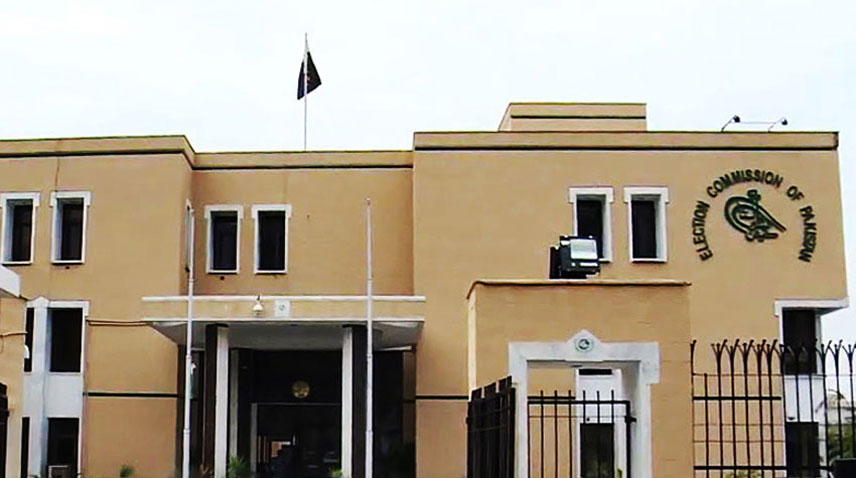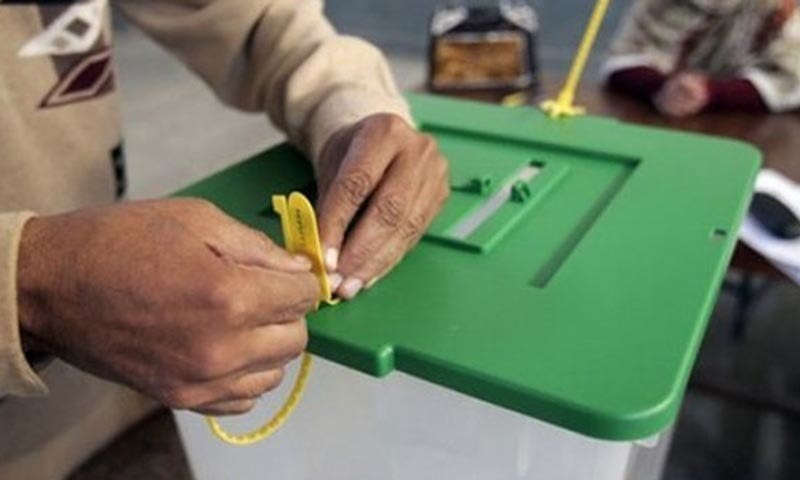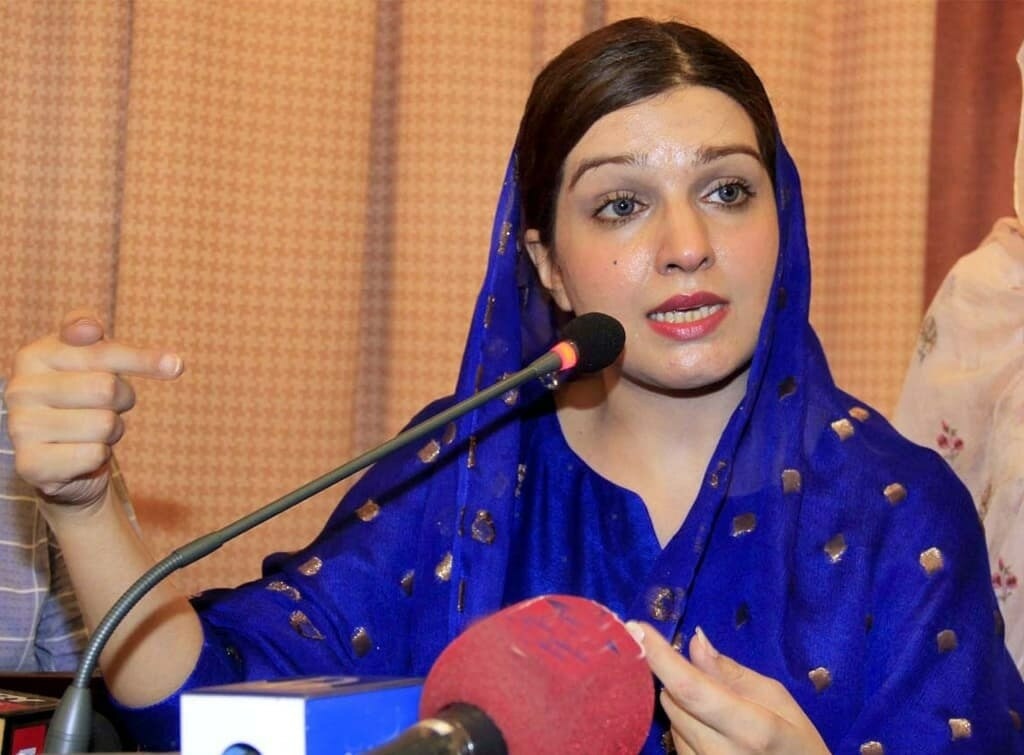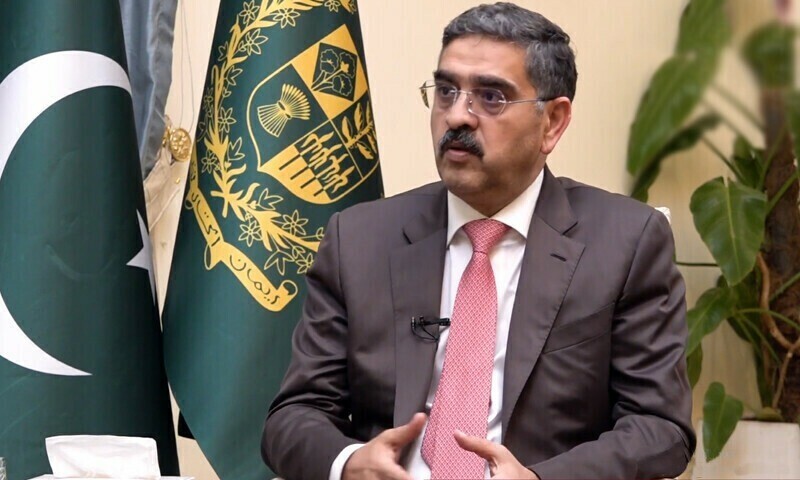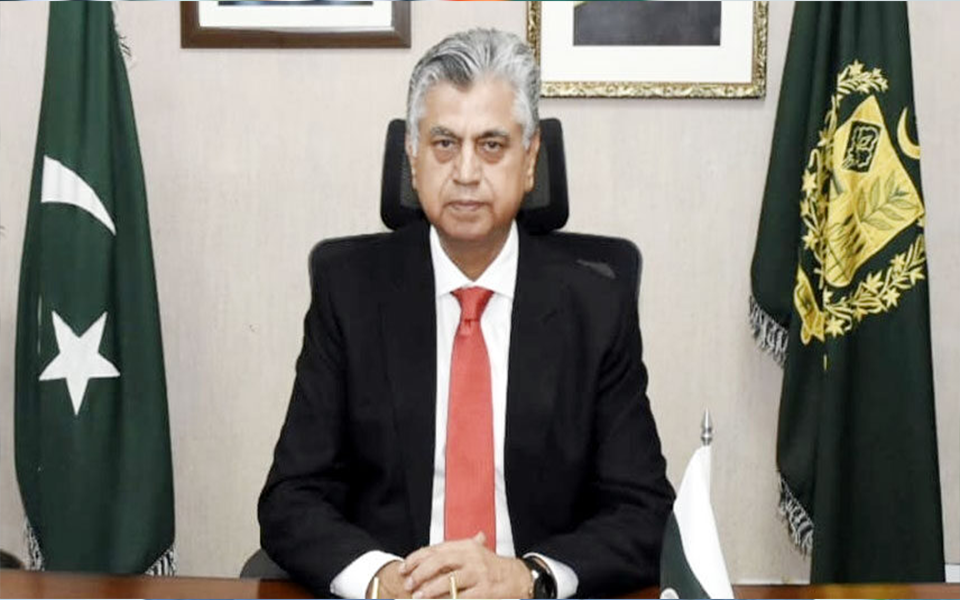ISLAMABAD, Jul 25 (APP):The Renewables First in a policy review document indicated that though the installed capacity grew, it was undermined by declining electricity demand and ever rising electricity prices in Fiscal Year-23 as electricity generation fell by more than 10% whereas capacity payments increased by 29%.
The above were the key highlights of the Pakistan Electricity Review launched on Tuesday by Renewables First, an Islamabad-based think tank for energy and environment.
The launch event drew unprecedented attendance from a diverse range of local and international stakeholders. The report meticulously investigates the electricity situation in Pakistan from July 2022 to June 2023 by focusing on generation, transmission, and distribution segments, along with shedding light on key aspects like K-Electric, circular debt, and CPEC projects.
Sharing the main snapshots of the report, Rabia Babar from Renewables First alarmed that the power purchase price is forecasted to reach PKR 3.3 trillion by FY – 25 further escalating electricity costs for electricity consumers. She also noted that fossil fuels dominated the generation mix with a 52% share.
With a 10% and 9% drop in domestic and industrial consumption respectively, the financial viability of the power sectors remains a challenge for the government. Rabia voiced concerns that the capacity payments are a major factor driving up power tariffs in the country as they were increased by a staggering 29% year-on-year.
Dr. Fiaz Chaudhry from LUMS Energy Institute highlighted the challenge of managing peak demand, which exceeds 30,000 MW mainly due to cooling needs. Despite a system capacity of 30,000 MW, the current supply only meets 25,000-27,000 MW. Utilization remains low at 23% outside peak months, raising concerns about cost recovery and tariff adjustments, likening it to charging a fare for empty bus seats.
Sohaib Malik, an energy analyst at a European renewable energy company, emphasized that reliability and afford-ability remain major concerns for consumers. While the addition of new capacity in recent years has somewhat addressed the reliability issue, afford-ability has taken a hit.
“We need greater demand to manage excess capacity and the new capacity should only be added if it brings down electricity costs”, said Abubakar Ismail, a local energy and industry expert. Its vital to address tariff inefficiencies and consider passing subsidies directly to protected consumers, he further suggested.
The panel formed a consensus that while there exist a multitude of issues plaguing the power sector, including reliance on imported fuels, consumers opting out of the national grid and the fiscal burden of capacity payments, immediate and sustained action rooted in data and analytics, can help mitigate these challenges towards a brighter future.
مضمون کا ماخذ : لاٹری کے عمومی نمبر
